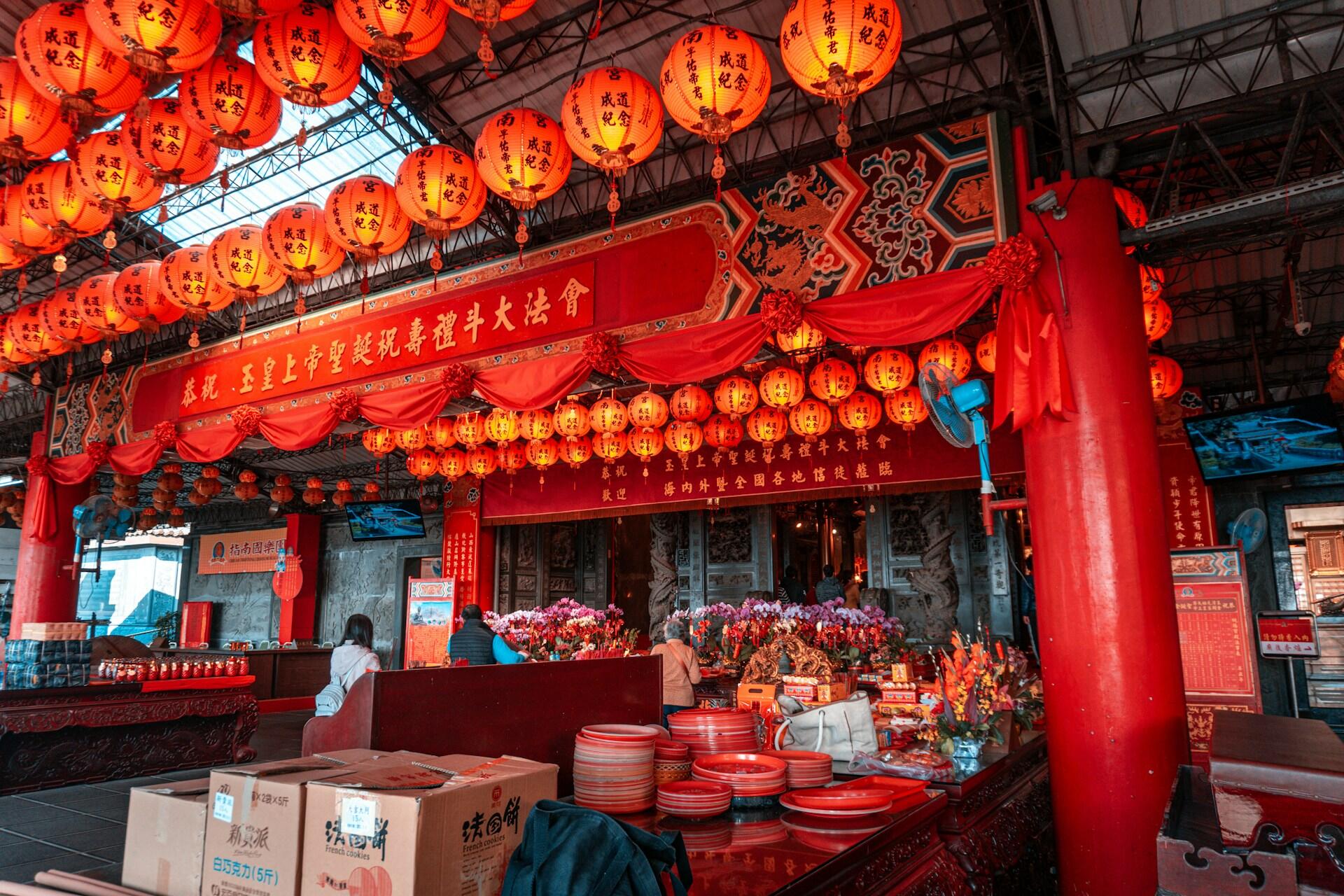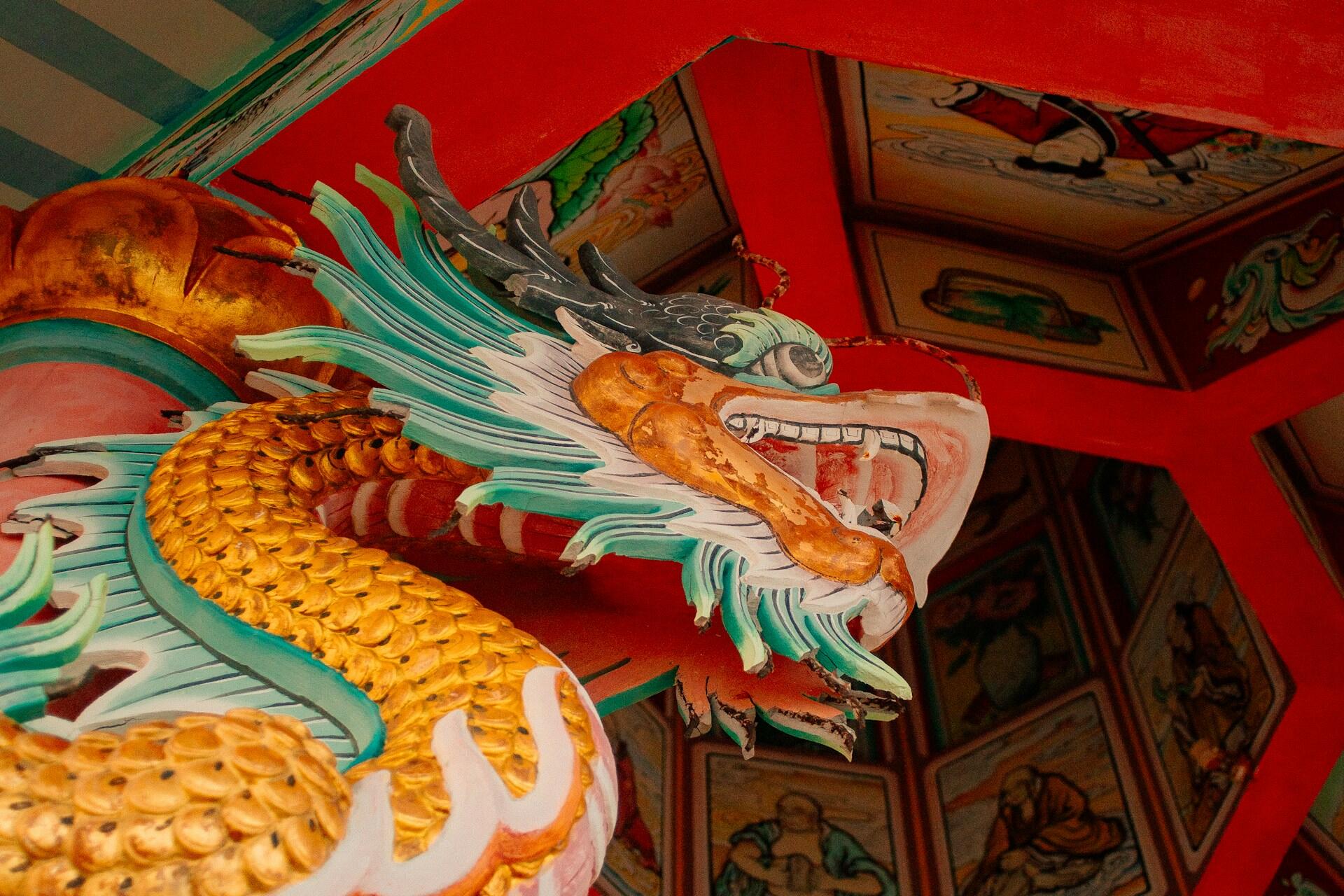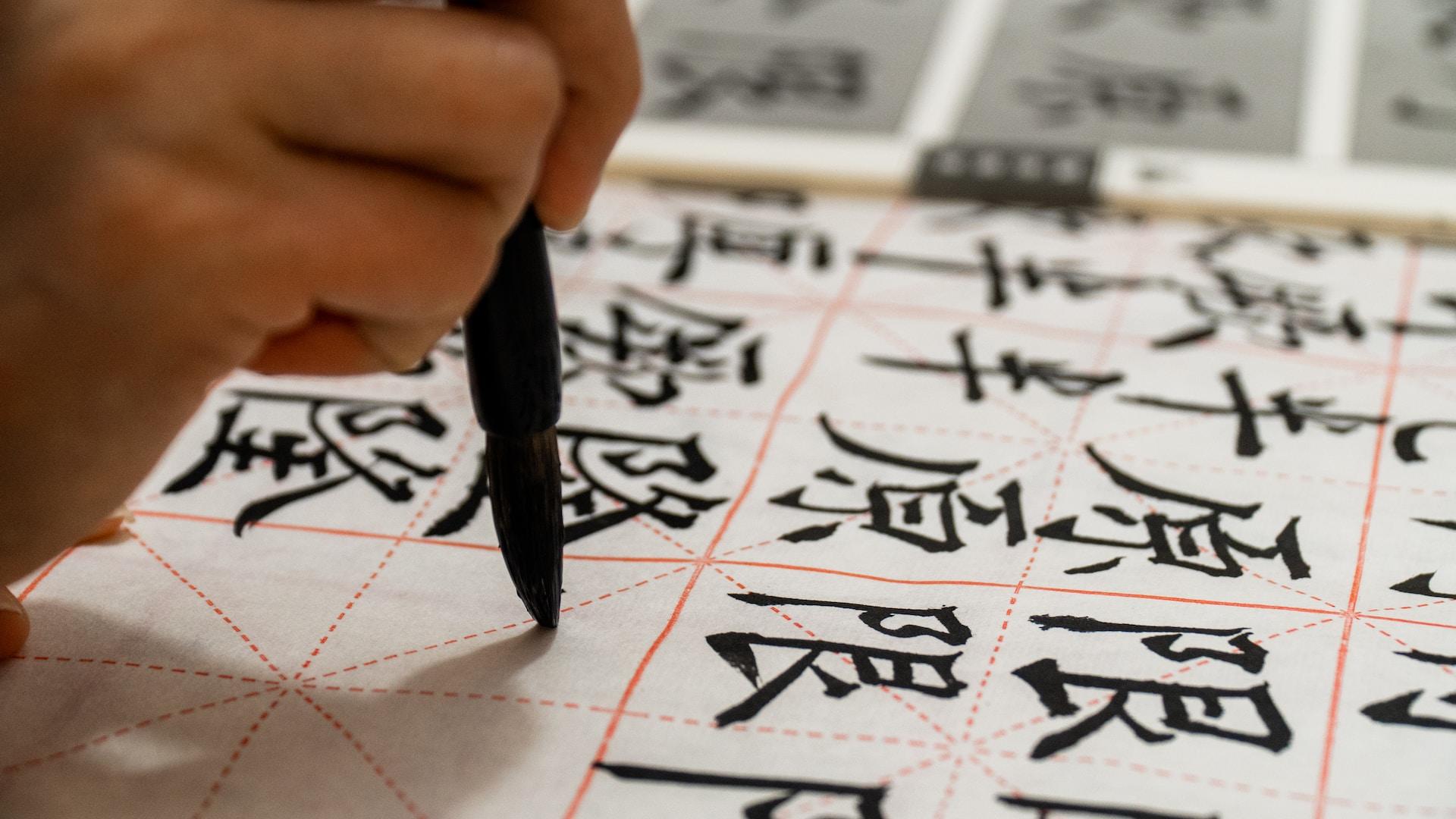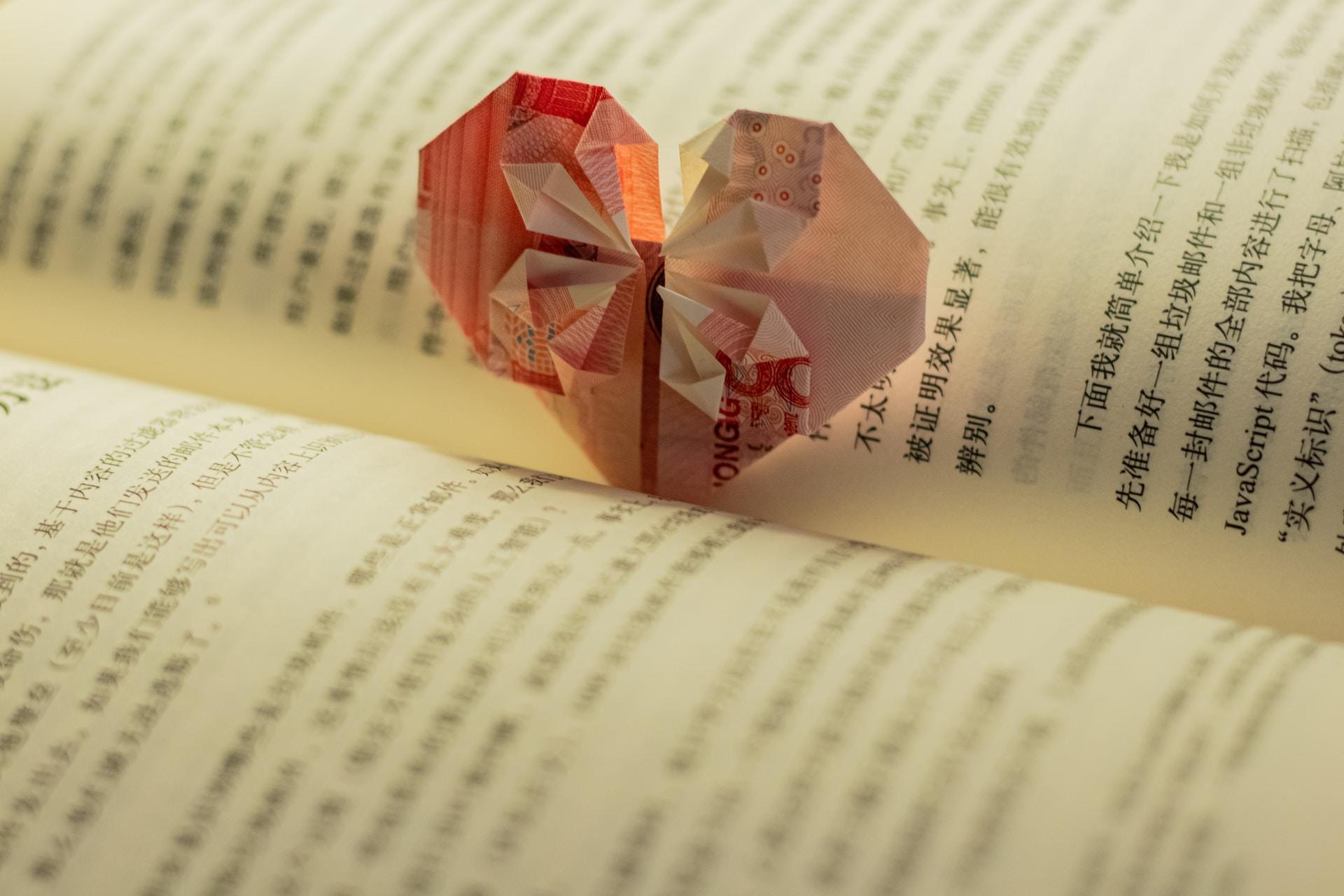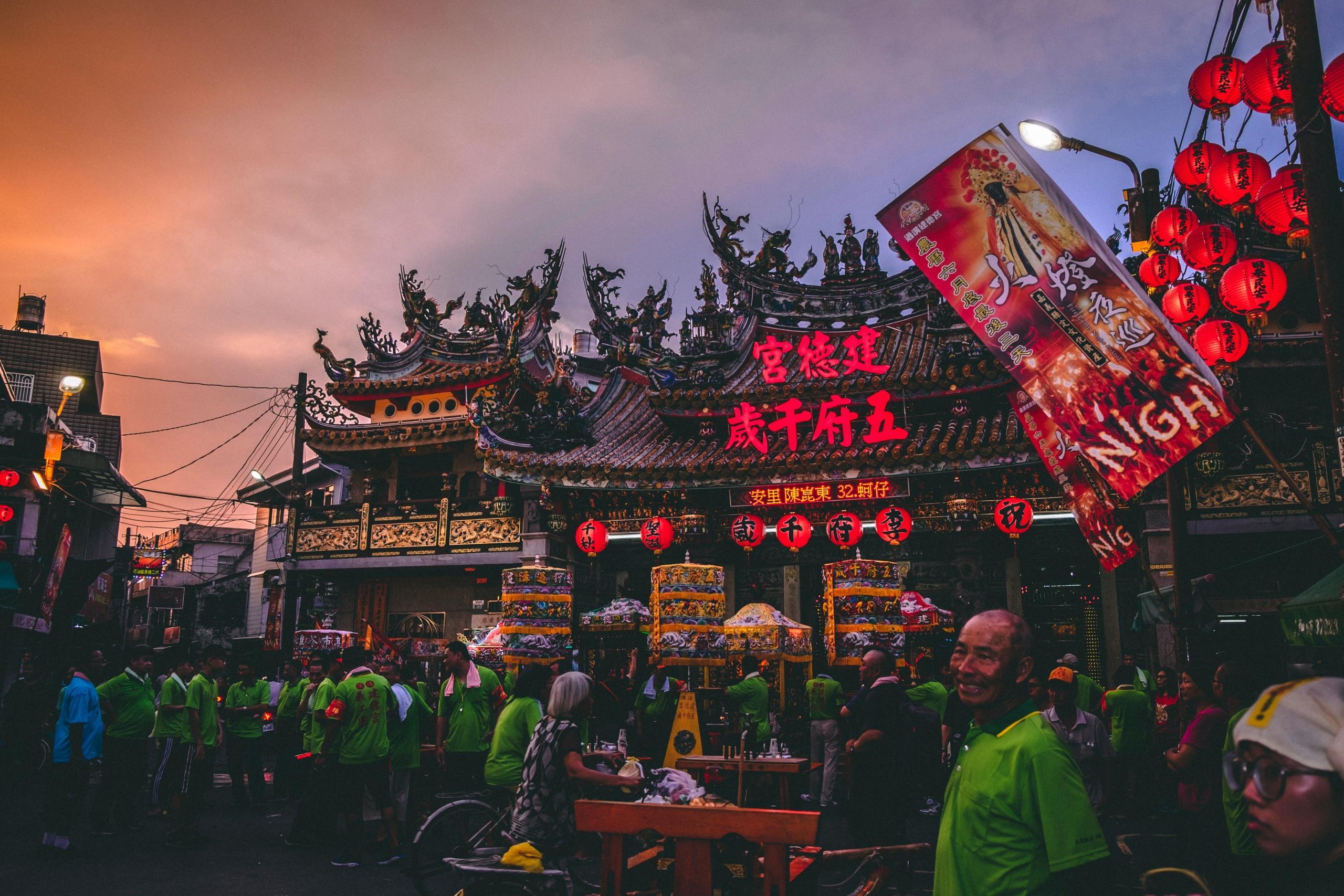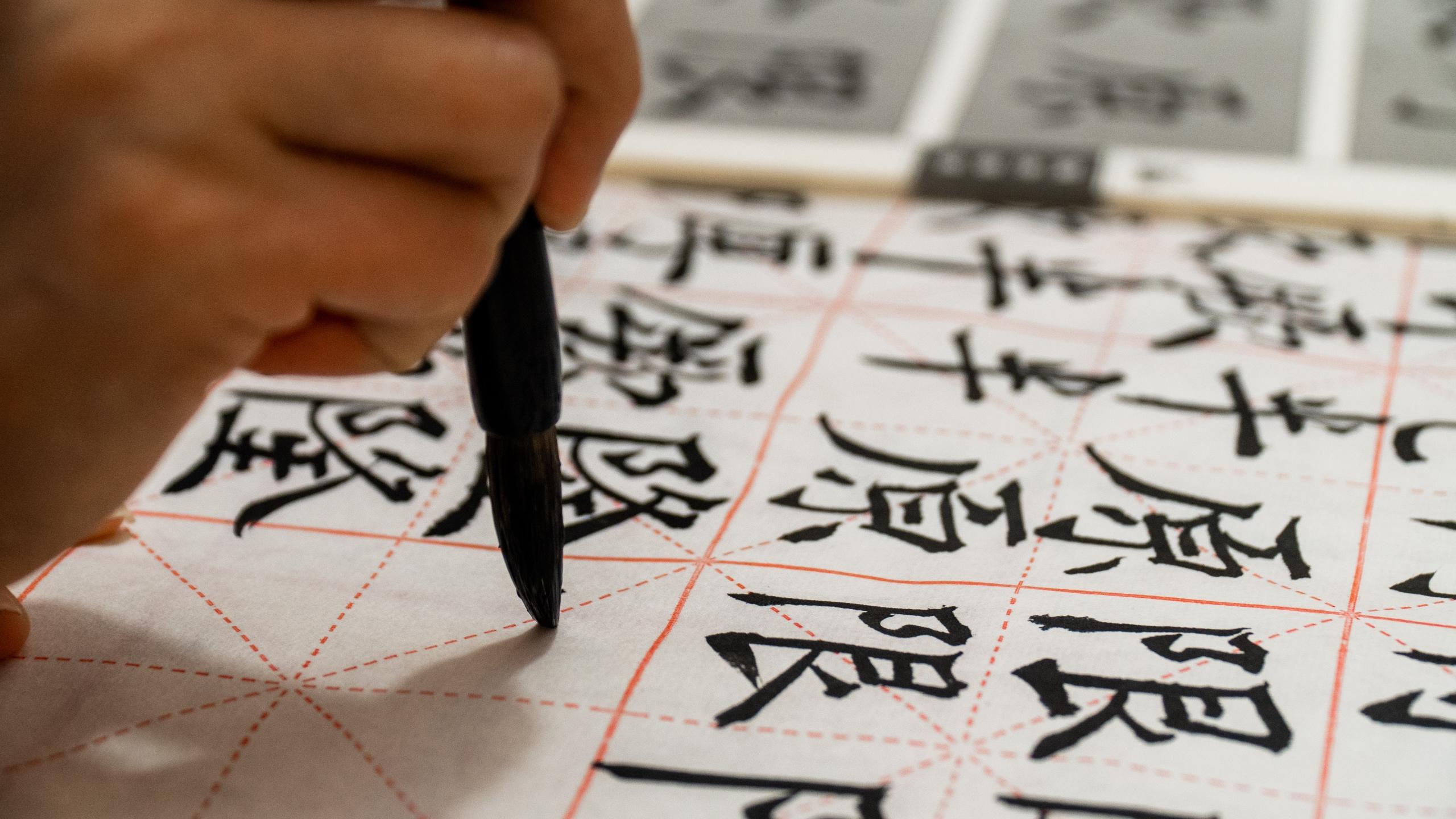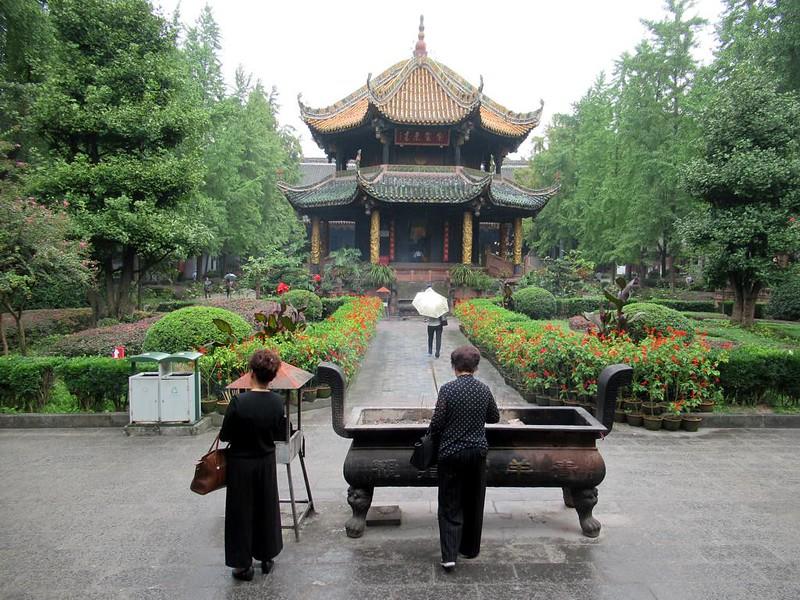新年快乐! - xin nian kuai le! (Happy New Year!)
Standard Chinese New Year Greeting
Around the world, many countries enjoy celebrating two New Years. Yet, somehow, the Chinese New Year gets all the attention, and all the credit. Perhaps it's because China is home to such an enticing culture, and is so prominent on the world stage. Regardless of the reason, Superprof helps you start your Chinese New Year celebration right.
Chinese New Year Facts in This Article:
- How to celebrate according to tradition
- Proper greetings for Chinese New Year
- Determining Your Chinese zodiac animal
- What to eat for Chinese New Year dinner
- Chinese New Year facts you need to know

Chinese New Year Traditions and Taboos
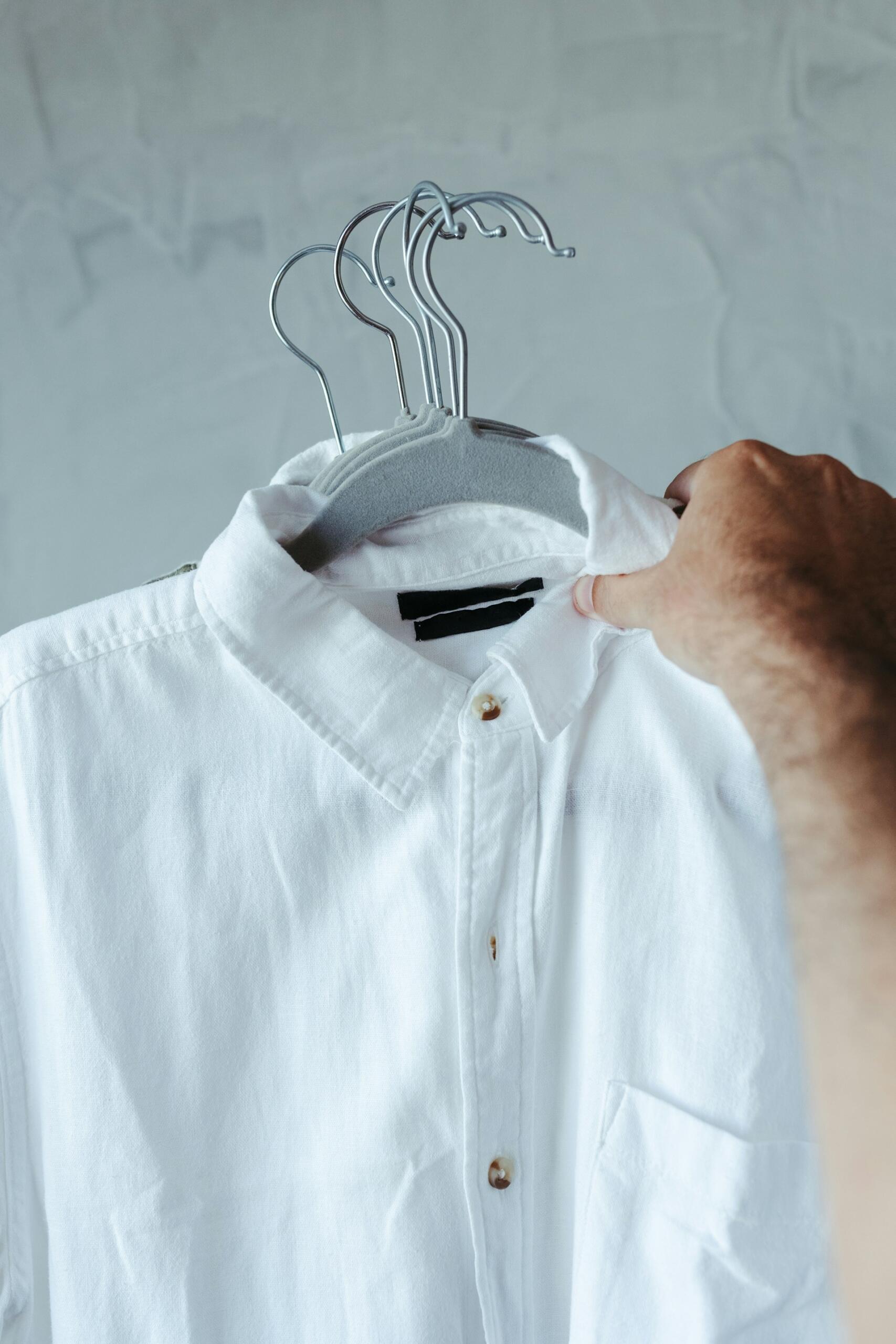
For the most part, today's Chinese are innovative, progressive, and only minimally superstitious. That all changes come time to travel home for the country's greatest holiday.
Almost as soon as everyone returns home to celebrate, the superstitions and taboos begin. For starters, anyone wearing anything white - or black, will be severely scolded.
Those colours symbolise death. That's not a welcome presence during this time.
That's a bit paradoxical, because Chinese culture accepts death as a part of life. Indeed, one of the most respectful greetings one might offer for the New Year hints at death. More on greetings in the next segment, though.
Entertaining a young girl during a family's Spring Festival dinner, I taught her how to make flowers from tissue paper.
Unfortunately, that tissue paper was white. As she tucked the flower she made behind her ear and showed it off, the elders around the table scolded her. This child, no more than five years old, dissolved into tears.
It was totally my fault. I had no idea that wearing anything white, even so much as a tissue paper flower, could have such dire consequences.
I could have saved that poor child her tears if only I had known about the 'no white' rule. This is why it's important to study all the superstitions, to keep from breaking a taboo.
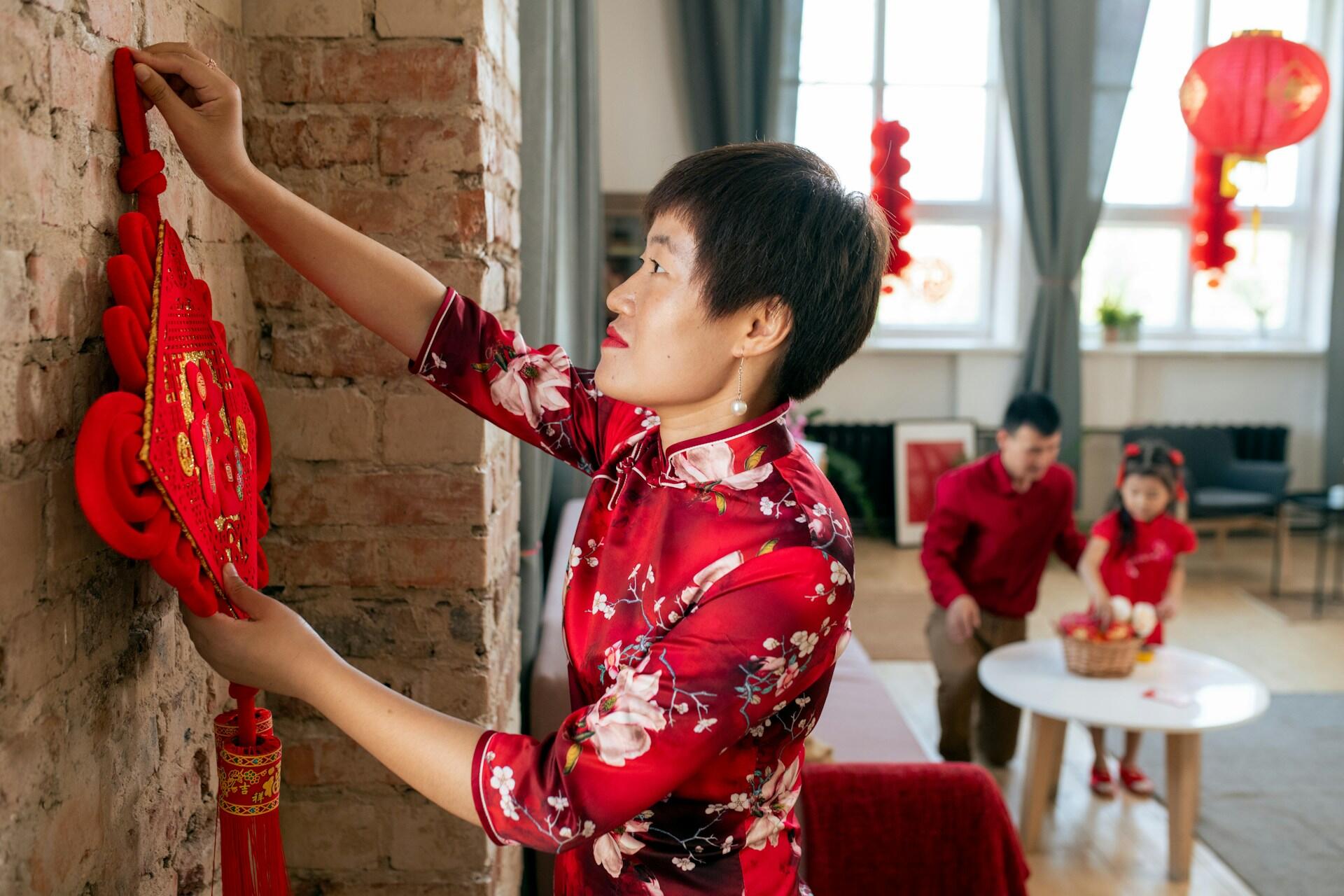
Spring Festival Greetings
五福临门 - wu fu lin men (The Five Blessings at your gate)
Spring Festival greeting
This is the Spring Festival greeting mentioned earlier. It is reserved for the most venerated person in the household, typically the elderly. In a pinch, you may also offer it to high-ranking officials, or your company's chief executive officer. But only if it's a lofty company, where the CEO wears a suit and appears only rarely.
Health, Wealth, Longevity, Virtue, Natural Death
Now, you can understand the confusion over not wearing white/black, yet invoking death as a sign of respect. To avoid misunderstandings, focus on fun greetings.
- 财源广进 (cái yuán guǎng jìn) - Abundant financial resources!
- 一本萬利 (yī běn wàn lì) - Small investment, big profit!
- 龙马精神 (lóng mǎ jīng shén) - (may you embody) Dragon horse spirit!
- 马到成功 (mǎ dào chéng gōng) - Success for you!
- 阖家幸福 (hé jiā xìng fú) - Family happiness!
- 恭贺新禧 (gōng hè xīn xǐ) - Good luck in the New Year!
- 吉星高照 (jí xīng gāo zhào) - May good luck find you!
- 笑口常开 (xiào kǒu cháng kāi) - Laugh often!
How to Offer Greetings
Many Chinese New Year greetings sound like exclamations, phrases you might offer up just before clinking glasses and drinking. To avoid giving off that vibe, preface your greeting with "Wishing you... ". The only trouble is, which 'you' should you use?
你 (nǐ) - simple
您 (nín) - formal
你们 (nǐ mén)- plural
你们两 (nǐ mén liǎng) - 'you two'
你们都 (nǐ mén dōu) - 'you all'
大家 (dà jiā) - 'everyone'
Now, you only need to pick the correct 'you' for the situation. And, the appropriate greeting, too. This one is ours, to you:
🎉祝大家心想事成 (zhù dà jiā xīn xiǎng shì chéng) - Wish for everyone that their dreams come true.🎉
How to Respond to New Year Wishes
This can be a tricky proposition. As always, in a formal culture such as the Chinese, how you respond determines the future relationship. Fortunately, you have three choices:
"Wish you the same"
(祝你同样的 - zhù nǐ tóng yàng de)
Repeat the greeting
Offer a superlative greeting
The first option should only be for friends and people you interact with regularly, like workmates (but not bosses!). The second is for people you interact with occasionally, such as shopkeepers, or your neighbours. You may preface it with "I also wish you ... " (我也祝你 - wǒ yě zhù nǐ ...).
Social competition is an important aspect of Chinese culture.
It manifests in often comical ways, such as arguing over who will pay the restaurant tab. Or how low to hold one's glass to avoid its rim being higher than the person's you're toasting.
So, if someone offers you a Chinese New Year greeting, delivering one that offers superior blessings is advised. Especially if that person is 'higher' than you on the social scale: older, more wealthy, or professionally advanced. Or, if you're a guest in their home.
Them: "新年快乐 - xīn nián kuài lè" (Happy New Year).
You: "恭喜您发财 - gōng xǐ nín fā cái" (Happiness and Prosperity to you).

What to Know About the Chinese Zodiac
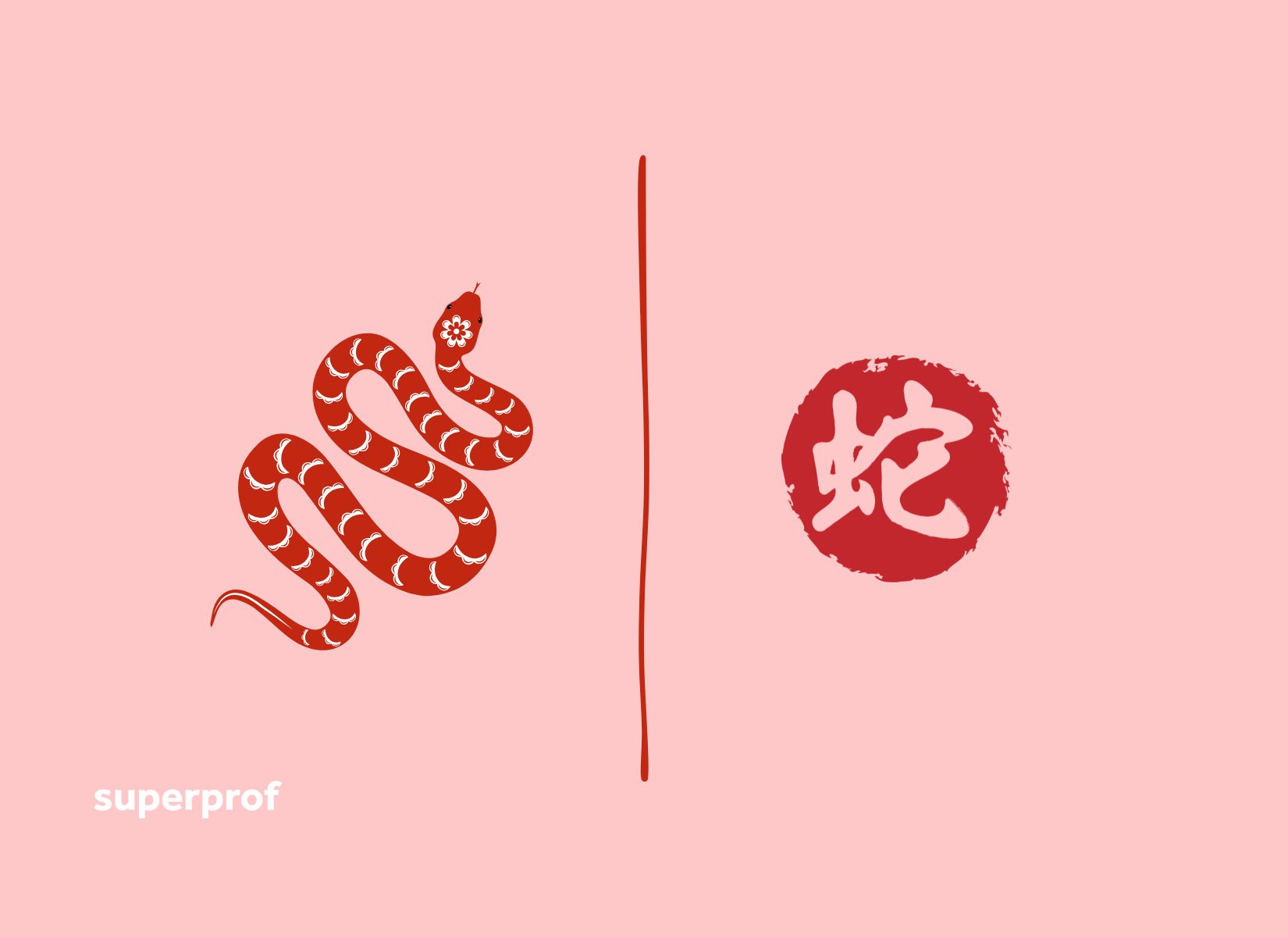
The Chinese zodiac is one of the dominant features of Lunar New Year celebrations in Chinese culture. This annual forecast is much deeper, and far more detailed than standard astrology offerings.
It's not enough to know which zodiac animal you are. You must also know which Earthly element influences your zodiac creature.
For instance, a Fire Tiger is more energetic and decisive than, say, a stubborn Water Tiger. Besides Fire and Water, Gold, Earth, and Wood represent distinct personality traits. Those five are the Earthly elements, as explained in the video below.
The (wood) Snake is the Chinese New Year animal 2025.
One remarkable difference between Western astrology and the Chinese zodiac is the lack of general predictions. For instance, the first predicts societal trends and general happenings. By contrast, the Chinese zodiac reports on personal outlooks.
Other differences between the two systems include:
Western astrology
- based on constellations
- uses a solar calendar sign
- is determined by birth month
- emphasises individual traits
- features four elements
Chinese zodiac
- based on mythology
- uses a lunar calendar
- sign is determined by birth year
- emphasises generational characteristics
- features five elements
This clip explains the difference between astrology and Chinese zodiac.
What is Tai Sui?
And, more importantly, why does it matter? The concept of tai sui (太岁 - tài suì) revolves around the God of Age. Any zodiac animal facing tai sui is in for a challenging year.
Discovering which of the Chinese zodiac animals influence your life could be beneficial, especially if you're facing tai sui effects. Or, if you're concerned about what this Chinese New Year animal of 2025 will be like for you.
Plan Your Spring Festival Dinner Around These Foods
The Chinese zodiac may be captivating, but Spring Festival traditional foods are downright irresistible.
As it is, Western palates love the distinct flavors and textures of Chinese cuisine. Now, add to that the knowledge that each Spring Festival food has special significance.
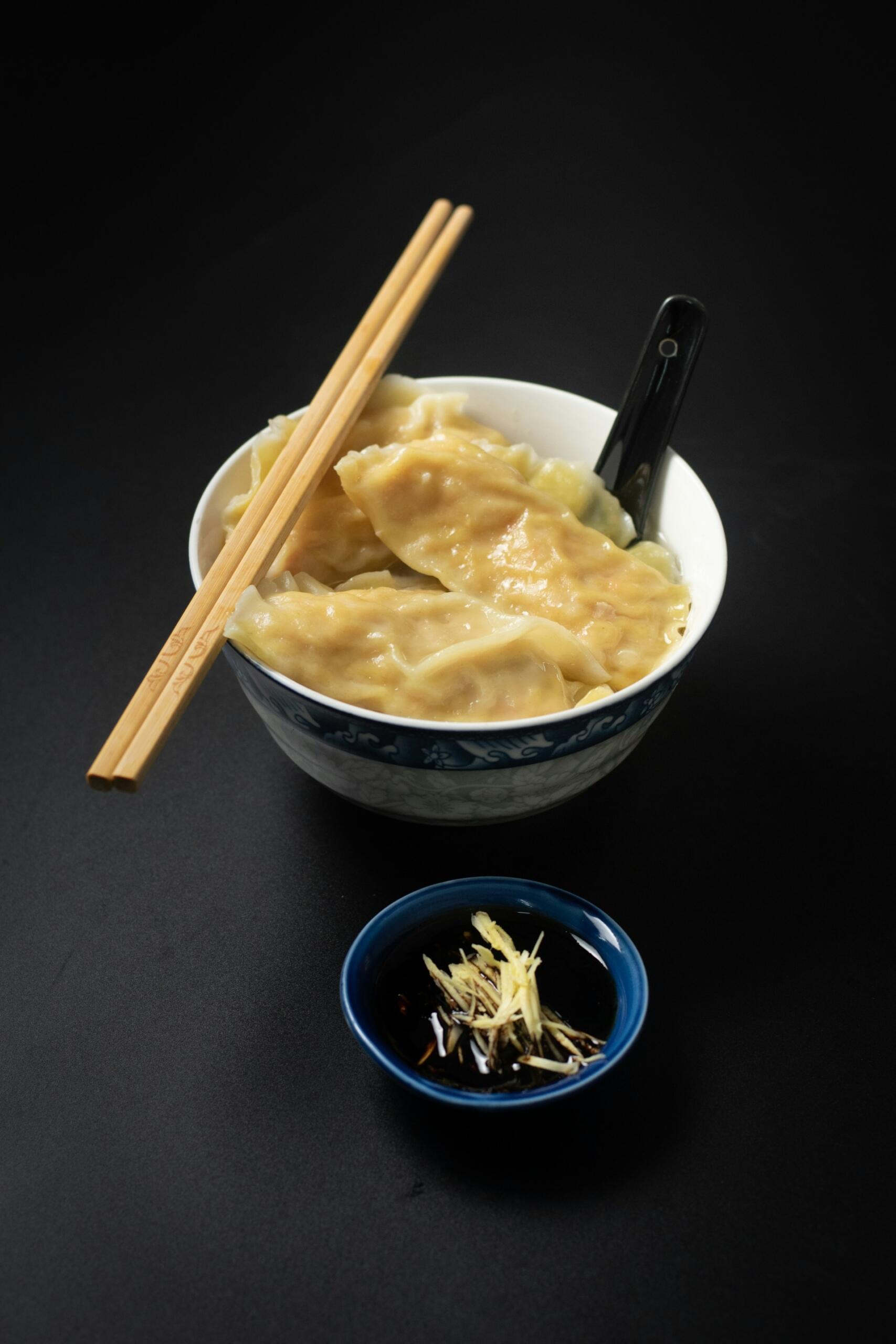
For instance, the traditional Chinese dumpling (饺子 - jiǎo zi). These tasty morsels take many shapes, but the most common one looks like ancient money.
Jiǎo zi represent wealth, so making and eating as many dumplings as possible means you're welcoming much wealth in the coming year.
It's not just dumplings that have special meaning during this holiday. Around China, a long list of foods offer specific blessings. These are the most important ones:
- Fish - for prosperity
- Lion's Head meatballs - for family
- Chicken - for wholeness
- Shrimp - for happiness
- Braised pork belly - for abundance
- Longevity noodles - long life
- Green vegetables - wealth
- Sweet rice balls - togetherness
- Citrus fruits - luck and success
- niangao - improvement
You may also load your plate up with spring rolls. Like the dumplings, their golden, bar-like appearance symbolizes wealth.
Now, you only need the best recipes for these dishes. That way, you too can benefit from these Chinese New Year traditions and beliefs.
Chinese New Year or Lunar New Year? Facts You Need to Know
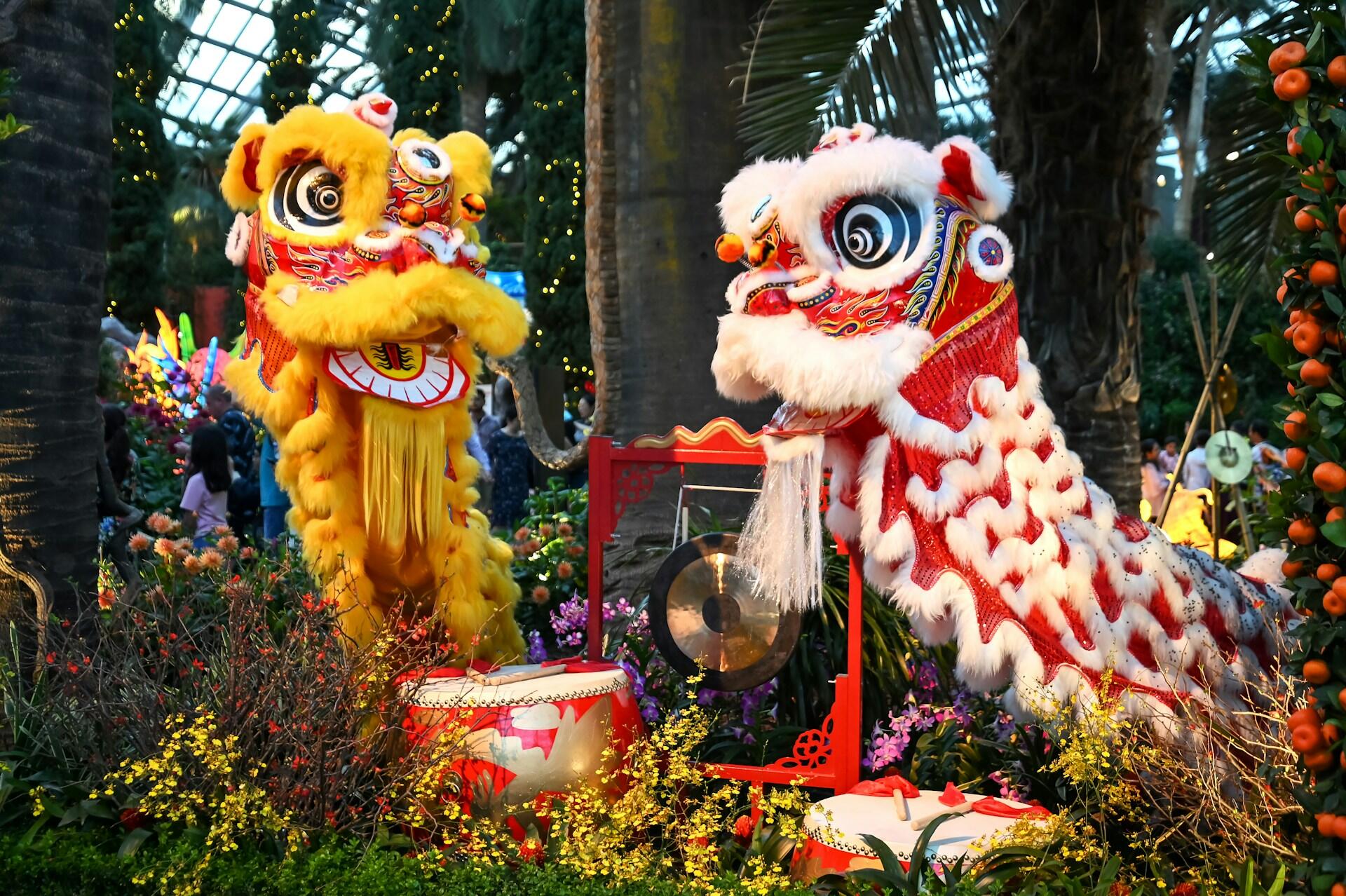
Many people get confused over what to call this celebration. Is it Chinese New Year or Lunar New Year? In fact, the second one is more correct.
Many nations celebrate the Lunar New Year. As these festivities are not just a Chinese event, it's more appropriate to give all those cultures their due credit.
Likewise, people get confused over whether to call it Lunar New Year or Spring Festival. These are two different celebrations.
This celebration has no set date. It happens on the second full moon after the Winter solstice.
For those who ask "How long does the Chinese New Year last?": it lasts one day. More specifically, it lasts from the evening before the declared date, and through the next day.
Spring Festival is the longer holiday. It lasts from Chinese New Year until Lantern Festival, or 15 days. One might even calculate 16 days, as Spring Festival includes New Year's Eve events.
This holiday may be yet longer, if one counts the (lunar) mid-December Laba Festival (腊八节 - là bā jié). Then, the total festival season stretches for 40 days!
La is the traditional name of the last month of the lunar calendar.
bā (八 - eight) represents the eight gods to make offerings to at year's end.
The Laba Festival is the unofficial start of the Chinese New Year celebrations.
During this time, the world's largest annual human mass migration takes place. It's called Spring transport (春运 - chūn yùn), the time when everyone returns to their hometown. Roughly two weeks later, the flow reverses, as everyone returns to ordinary (city) life.
For those few weeks, life in China is magical. It's full of dos and don'ts, and stuffed with family togetherness. We cultural outsiders lack many facts about this holiday, so we might miss some of that magic. Still, we can always learn them, can't we?
Summarize with AI:

